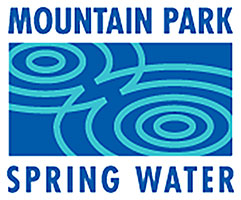In today’s fast-paced work environments, staying hydrated is crucial for maintaining productivity, focus, and overall well-being. Providing access to clean and refreshing drinking water in the workplace is essential for keeping employees hydrated and healthy. A water cooler offers a convenient and cost-effective solution to meet the hydration needs of employees while offering numerous benefits
CONTINUE READINGMonth: April 2024
Choosing the Best Hydration Option: Water Dispensers vs. Filtration vs. Bottled Water
Staying hydrated is essential for maintaining optimal health and well-being, but with numerous hydration options available, choosing the best one for your needs can be challenging. Water dispensers, filtration systems, and bottled water each offer unique advantages and considerations. In this blog, we’ll explore the differences between these hydration options to help you determine which
CONTINUE READING
